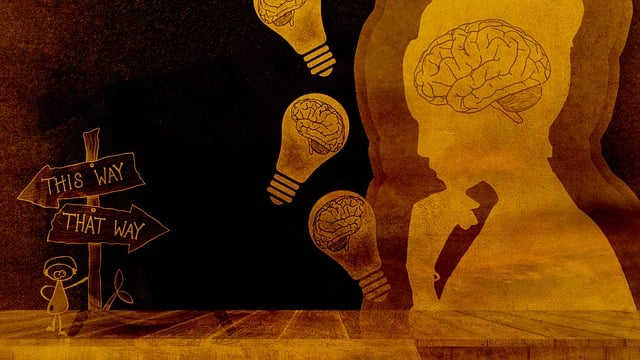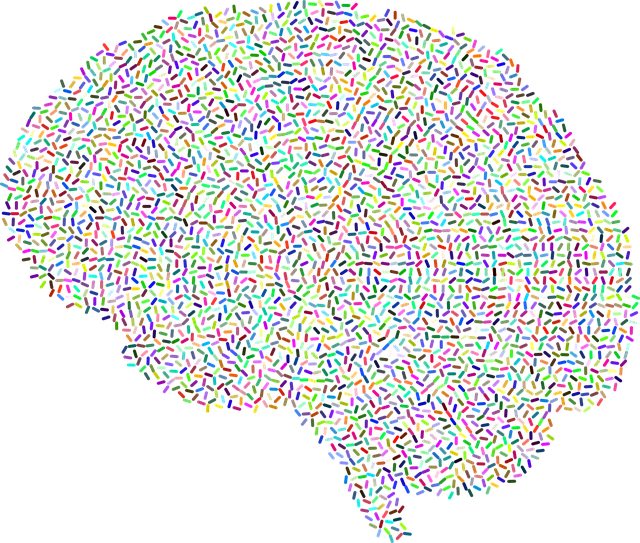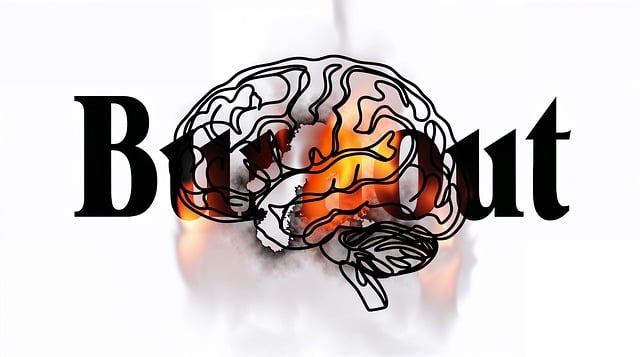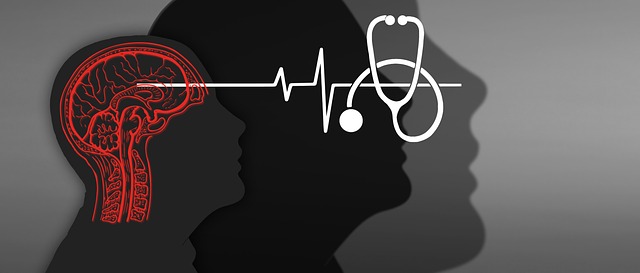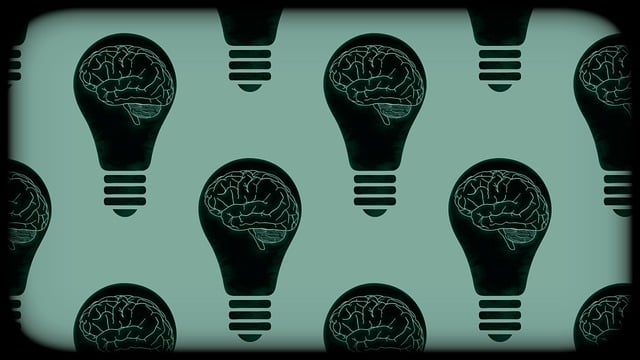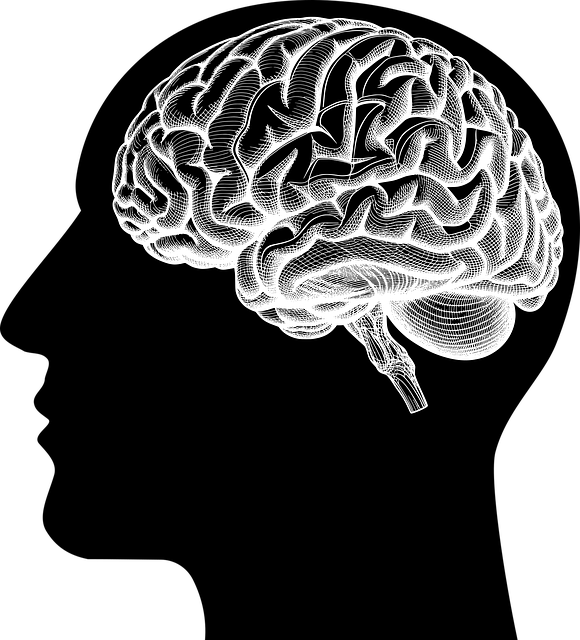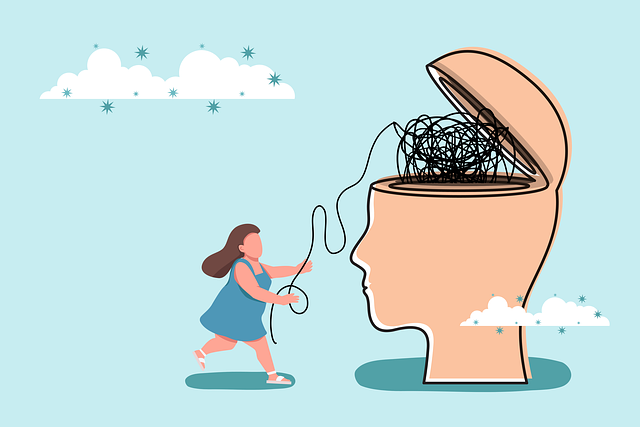Wheat Ridge Major Life Transitions Therapy offers a specialized approach to emotion regulation, crucial for navigating life's challenges and enhancing well-being. Combining cognitive-behavioral and mindfulness techniques, this evidence-based program equips individuals with emotional intelligence to manage stress, anxiety, and major life changes. By learning reframing, deep breathing, and physical activity strategies, participants gain tools for crisis intervention and personal growth, ultimately fostering resilience and improving patient outcomes in healthcare settings through cultural sensitivity training.
Emotion regulation is a vital skill, significantly impacting our overall well-being. This comprehensive guide explores effective strategies through the lens of Wheat Ridge Major Life Transitions Therapy. We delve into understanding emotion regulation, its profound effects on daily life, and how specialized therapy can equip individuals with powerful tools. From key techniques to practical applications, learn how mastering these skills enhances resilience and promotes a healthier, more balanced life. Discover the transformative power of Wheat Ridge Major Life Transitions Therapy in managing emotions.
- Understanding Emotion Regulation and Its Impact on Well-being
- The Role of Wheat Ridge Major Life Transitions Therapy in Teaching Effective Strategies
- Key Techniques for Managing Emotions: A Comprehensive Guide
- Practical Application and Benefits of Learning Emotion Regulation Skills
Understanding Emotion Regulation and Its Impact on Well-being

Emotion regulation is a vital skill that plays a crucial role in maintaining overall well-being and navigating life’s challenges. It involves recognizing, understanding, and managing one’s emotions effectively, ensuring they don’t overwhelm or control our thoughts and actions. In today’s fast-paced world, where stress and pressure are prevalent, especially among healthcare providers, mastering emotion regulation techniques is essential. The impact of this skill extends beyond personal resilience; it significantly influences how individuals cope with major life transitions, such as those faced in Wheat Ridge Major Life Transitions Therapy settings.
By learning to regulate emotions, individuals can reduce the risk of burnout prevention strategies for healthcare providers, a common issue leading to decreased job satisfaction and potential adverse patient outcomes. Cultural sensitivity in mental healthcare practice and competency training are also enhanced through emotion regulation techniques. These practices ensure that healthcare providers, especially those serving diverse communities, can offer more personalized and effective support, considering the unique emotional needs of different cultural backgrounds.
The Role of Wheat Ridge Major Life Transitions Therapy in Teaching Effective Strategies

Wheat Ridge Major Life Transitions Therapy offers a specialized approach to teaching effective emotion regulation techniques. This therapy focuses on helping individuals navigate significant life changes, such as loss, major life events, or chronic stress, by developing robust emotional intelligence. Through evidence-based practices, clients learn to identify and manage their emotions constructively, thereby enhancing their resilience.
The therapeutic process involves a comprehensive risk assessment for mental health professionals, ensuring a tailored approach. By integrating various strategies, such as cognitive-behavioral techniques and mindfulness practices, the therapy empowers individuals to gain anxiety relief and improve overall emotional well-being. This holistic method not only facilitates better coping mechanisms but also fosters personal growth during challenging life transitions.
Key Techniques for Managing Emotions: A Comprehensive Guide

Emotion regulation techniques are crucial tools for navigating life’s challenges and major life transitions. A comprehensive guide to managing emotions includes a mix of cognitive strategies and mindfulness practices that can be learned and applied in various settings, including Wheat Ridge Major Life Transitions Therapy. By understanding and identifying emotional triggers, individuals can develop crisis intervention guidance tailored to their unique needs.
The Mind Over Matter principles emphasize the power of conscious thought and behavior modification. Techniques such as reframing negative thoughts, practicing deep breathing exercises, and engaging in physical activity help regulate emotions during stressful situations. Public awareness campaigns development focused on emotion regulation can further equip folks with strategies to cope, fostering a more resilient community overall.
Practical Application and Benefits of Learning Emotion Regulation Skills

Learning emotion regulation skills offers a practical application with far-reaching benefits, especially during challenging times like major life transitions. These techniques empower individuals to navigate through stress, anxiety, and emotional turmoil more effectively, fostering better mental wellness. By adopting evidence-based strategies, such as mindfulness, cognitive reframing, and deep breathing exercises, people can enhance their ability to manage intense emotions, leading to improved overall well-being.
For those facing complex life changes or seeking personal growth, Wheat Ridge Major Life Transitions Therapy provides a supportive environment to learn and practice these skills. Incorporating conflict resolution techniques and mental wellness coaching programs development, this approach equips individuals with the tools needed to thrive in various aspects of their lives. Moreover, healthcare provider cultural competency training can contribute to better patient outcomes by ensuring sensitive and effective care during emotional crises.
Emotion regulation is a powerful tool for enhancing well-being, and the Wheat Ridge Major Life Transitions Therapy (WRLT) offers an effective framework for teaching these skills. By understanding the impact of emotions on our lives, we can utilize key techniques like mindfulness, cognitive restructuring, and acceptance to navigate life’s transitions smoothly. The practical application of these strategies not only benefits individuals but also fosters resilience and a deeper sense of self-awareness. Incorporating WRLT into personal development can lead to profound positive changes, making it a valuable resource for those seeking to master their emotional responses.
